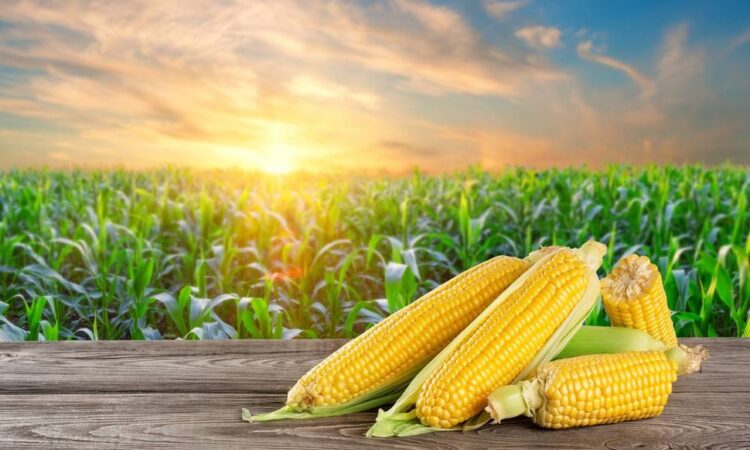
Rising world food demands and the ongoing fight against crop diseases make corn research (วิจัยข้าวโพด) essential for sustainable agriculture. Modern studies are pushing new frontiers and concentrating on raising resistance to diseases and improving yield potential. These developments are meant to enable farmers to produce more plentiful, healthier corn harvests, so meeting local and worldwide needs.
Improved Yield Potential: From Every Acre Creating More
Maximizing the production from every acre of land is one of the primary objectives of present corn research. Scientists and agricultural professionals are testing several planting methods, nutrient combinations, and water management strategies. Through varying these factors, scientists have discovered that, typically with fewer resources, corn plants can be grown more efficiently. This method helps farmers in places with limited land or where resources, such as fertilizer and water, might be rare. Improved yield also means that farmers can generate more corn, so supplying a vital supply of food and cattle feed.
Building a Defense System for Corn: Disease Resistance
Many diseases can affect corn, some of which might wipe off whole crops. Scientists have created maize varieties more resistant to diseases including rust, leaf blight, and corn mosaic virus by applying creative breeding methods and genetic study. These resistant variants are environmentally friendly since they require fewer pesticides in addition to being able to withstand difficult circumstances. By lowering crop losses, disease-resistant corn helps farmers financially so they may spend more on their land and communities.
Environmental advantages: research-based sustainable farming
One further great benefit of these developments in corn research is environmental sustainability. The agricultural sector lowers its carbon footprint by creating corn varieties that flourish with fewer inputs. Reduced demand to clear new land also helps to preserve natural ecosystems and habitats for wildlife. Corn is becoming more resistant to diseases and extreme weather, which means that farmers can rely less on chemical treatments. This would result in a reduction in the amount of contamination in the soil and water.
Determining the direction of agriculture
The most recent corn research (วิจัยข้าวโพด) is quite important in a world when food security and environmental protection are progressively crucial. From enhancing yield and creating disease resistance to helping sustainable farming, these developments enable growers to produce premium corn more effectively. Through its firm dedication to innovation, corn is well on its way to becoming the cornerstone of robust and environmentally responsible farming for future generations.




